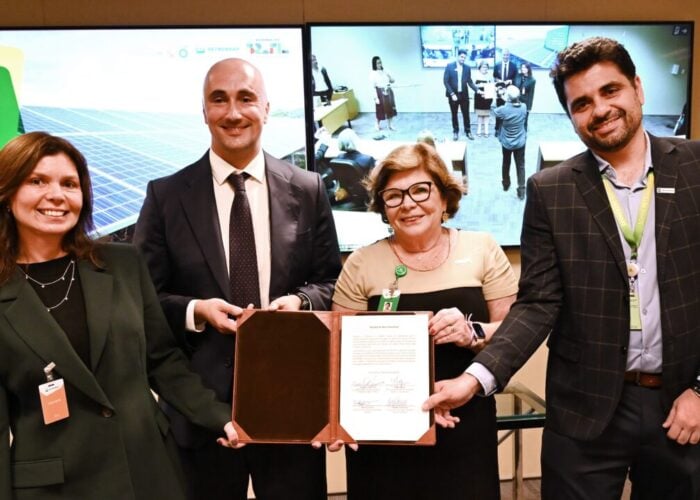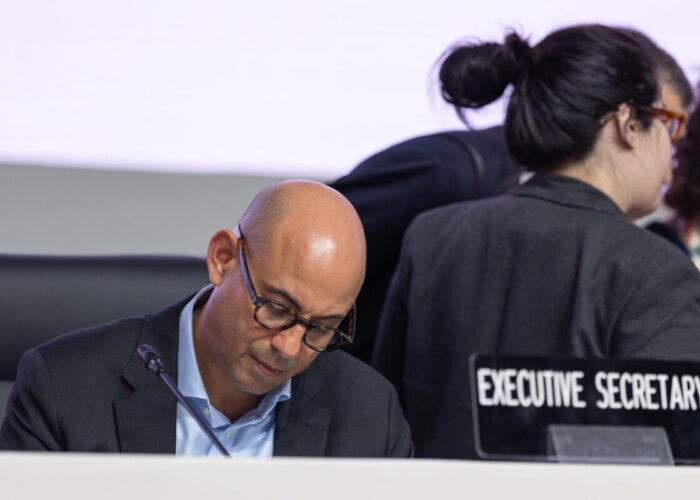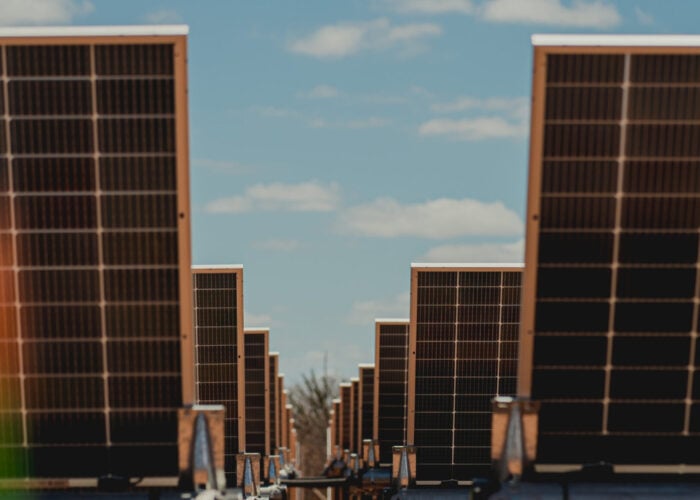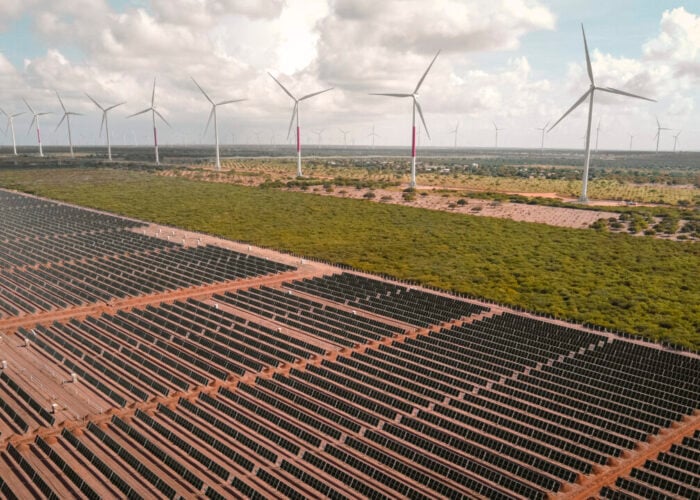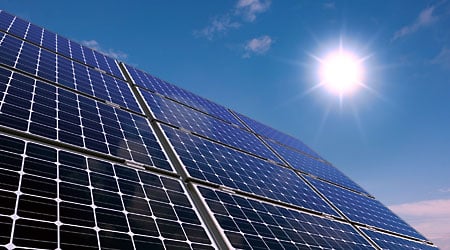
Brazil’s development bank BNDES has approved new financing conditions for the energy sector, which favour solar.
The bank has increased its share of financing the Long-Term Interest Rate (TJLP) for solar energy projects from 70% to 80%, the highest rate for all alternative and conventional energy sources.
Try Premium for just $1
- Full premium access for the first month at only $1
- Converts to an annual rate after 30 days unless cancelled
- Cancel anytime during the trial period
Premium Benefits
- Expert industry analysis and interviews
- Digital access to PV Tech Power journal
- Exclusive event discounts
Or get the full Premium subscription right away
Or continue reading this article for free
In a release, BNDES stated: “The priority given to solar energy, reflected in better financial conditions, is due to the fact the technology is in early stage of development in the country.”
As a result, the bank is putting in “demand stimuli” to achieve economies of scale and gains associated with technological diffusion and more competitive prices.
BNDES also aims to contribute to the expansion of other alternative energy sources in the Brazilian energy matrix with wind, small hydro, biomass and cogeneration all receiving up to 70% TJLP. However, hydro power saw its TJLP financing percentage from BNDES decline to 50%.
The new conditions come into effect for the next energy auctions in October and December 2016.
Brazilian solar association (Absolar) executive president Rodrigo Sauaia said it would help to restore the confidence of solar investors and domestic entrepreneurs.
“It shows that the bank's commitment is not only in speech but in action,” he added.
Sauaia said the ratification of the Climate agreement in Paris had been a factor in the bank’s decision as well as the fact that 25-30 jobs are created for every 1MW of solar in Brazil, he claimed.


